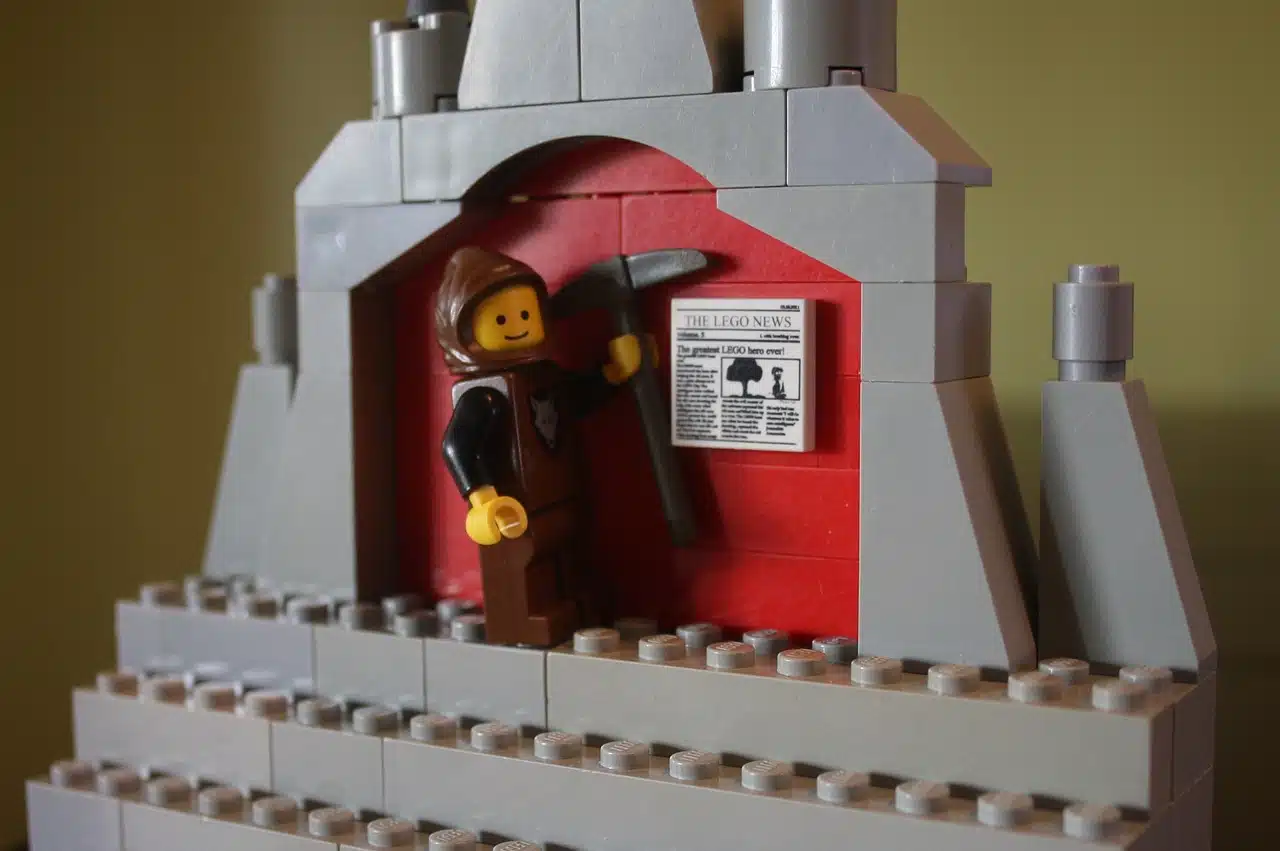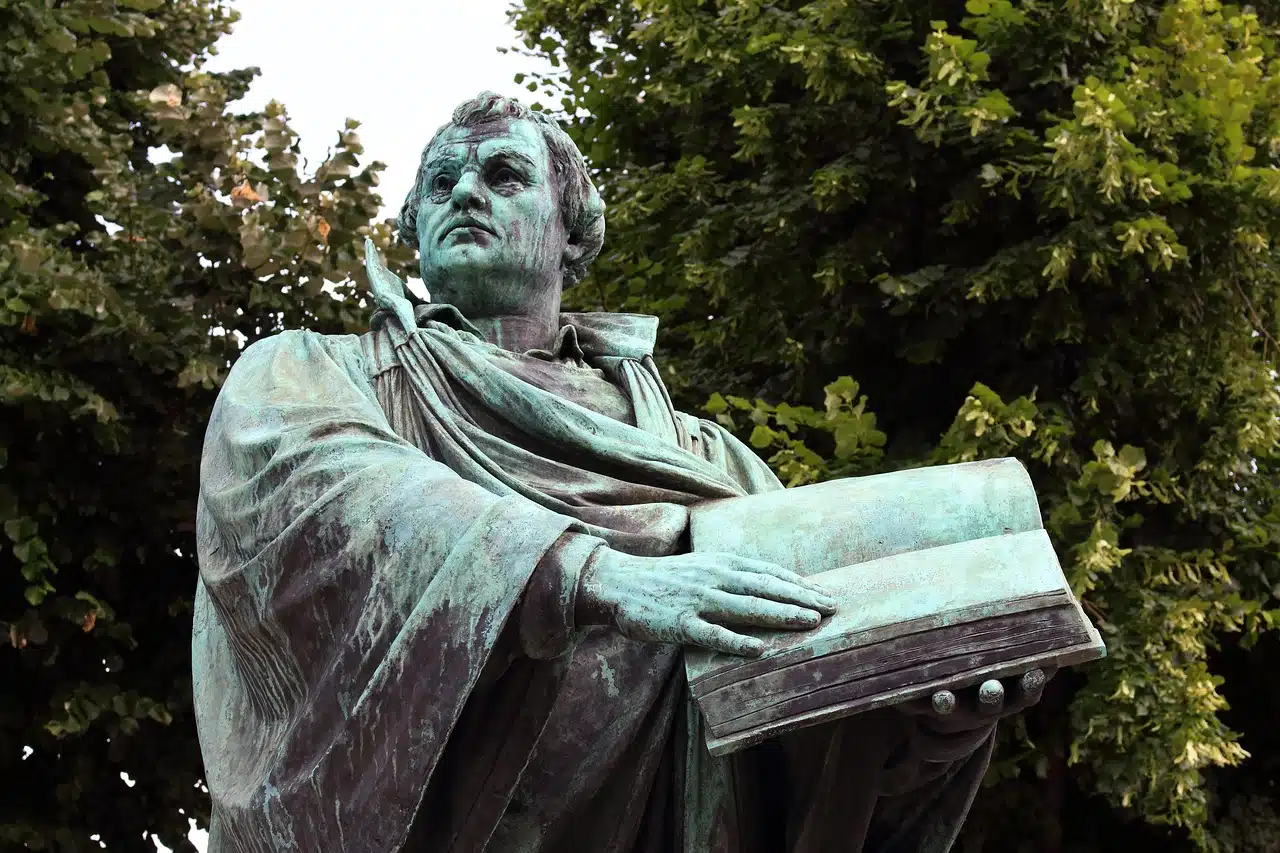
The Protestant Reformation broke out in the 16th century with the aim of introducing changes in the Catholic Church.
The Protestant Reformation was a movement that emerged in the 16th century and promoted a profound change in the Catholic Church . Protestants opposed the pope 's dominance over the entire Christian community and sought for the Church to return to the roots of early Christianity.
It should be noted that the concept is made up of two terms with very defined meanings. The action and effect of reforming or reforming (reforming, modifying, redoing something) is known as reform ; Protestant , meanwhile, is an adjective that allows us to name someone who protests or, in the field of religion , someone who follows Lutheranism or any of its branches.
Origin of the Protestant Reformation
The Protestant Reformation was promoted by various religious, politicians and intellectuals, with the priest Martin Luther as leader, who interpreted medieval doctrines from the Holy Scriptures . This caused Luther to reject the sacramental system of the Catholic Church of the time, which included the sale of indulgences. For Luther , the Gospel should be preached freely and not be commercialized.
This internal revolution led to a great crisis within the Church ; The reformists criticized corruption within the institution and the lack of religious piety. A fact that was decisive for the Protestant uprising was the sale of indulgences by the Church to finance the construction of St. Peter's Basilica in Rome .
With the rebellion underway, the heads of the orthodox part of the church proclaimed themselves the sole heirs of Christian truth and began to persecute all those who dissented. The rejected groups founded other ecclesial communities that demonstrated against the medieval Christian heritage and fought for the restoration of the church. This led to a resounding division of the church in Europe , where groups that accepted the pope's leadership and those who opposed him were recognized. The countries that joined the revolution and rejected the pope began to be called Protestants ever since. This would lead to multiple religious wars that took place in the territory, known as holy wars.
Although the Protestant Reformation originated in Germany, it quickly spread throughout the world. The most representative leader of these changes was a Catholic monk from the Augustinian order, the aforementioned Martin Luther .
Thanks to the support of various civil authorities, the Protestant Reformation managed to change a large number of state Christian churches. Over time, Protestantism managed to become the third branch of Christianity, with more than 500 million followers today.

Martin Luther was the main reference of the Protestant Reformation.
The response of the Catholic Church
The response of the Catholic Church to the Protestant Reformation was known as the Catholic Counter-Reformation and included the reaffirmation of its ancient doctrine, with the consecration of bread and wine as the Body and Blood of Christ and the veneration of relics and iconographic images. as Christian practices, among other points.
Although at first they had not given importance to Luther 's statements, upon seeing the impact that his words were having on the continent, the heads of the Christian community took action on the matter: they declared Luther a heretic and excommunicated him, completely disassociating him from the Catholic Church.
As the Protestant Reformation gained more weight, the Church embarked on a counter-reformation in which it revealed its ideals, making stricter the conditions to be met by the faithful to belong to this community, and therefore, to achieve salvation, and expanding their sacramental acts. This counter-reformation rekindled the flame of devotions , emerging monastic orders and encouraging others already in force, such as the Discalced Carmelites and the Company of Jesus .
